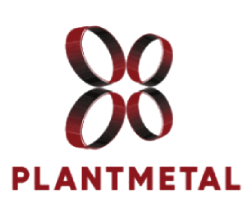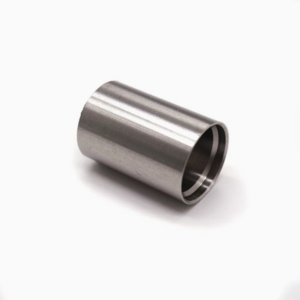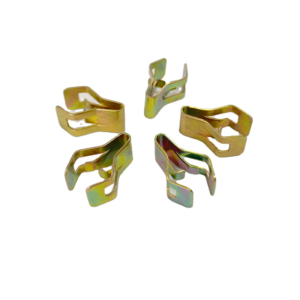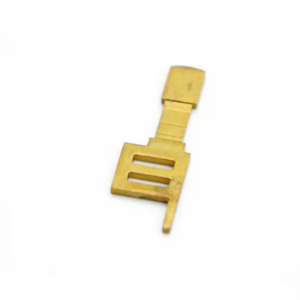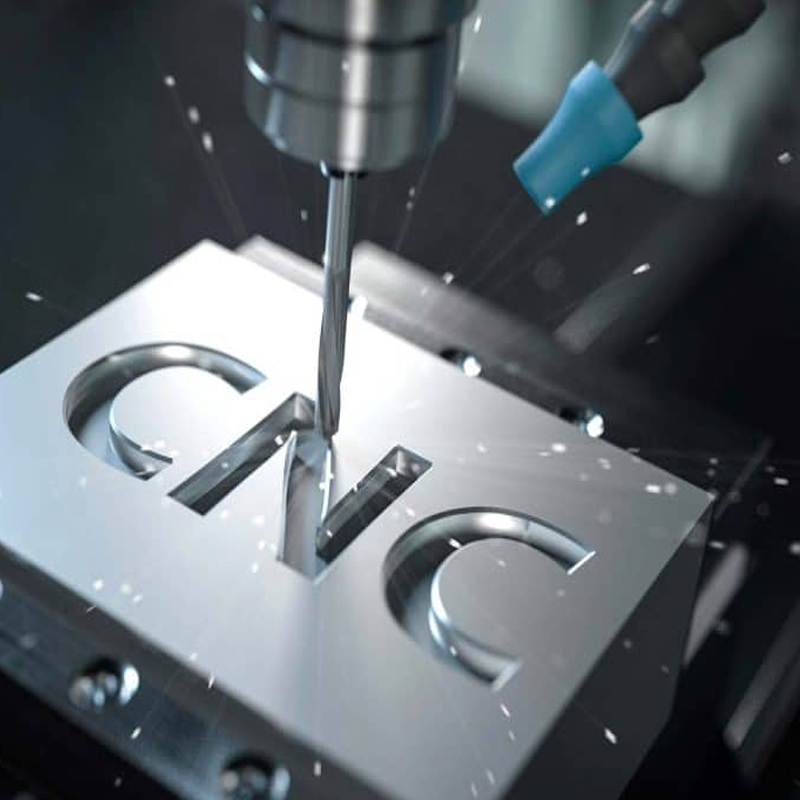In today’s rapidly evolving manufacturing landscape, businesses are continuously searching for ways to optimize production efficiency while keeping costs manageable without compromising on quality. One of the most effective solutions for companies seeking flexibility, precision, and cost savings in low-volume production is small batch CNC machining. At Plantmetal, we specialize in providing high-quality small batch CNC machining services tailored to meet the unique needs of each client. Whether you’re working on a prototype, a custom project, or a small series of parts, small batch CNC machining offers a multitude of advantages that can give your business the competitive edge it needs.
What is Small Batch CNC Machining?
Small batch CNC machining refers to the process of producing a limited number of components, typically ranging from 1 to 100 units, using computer numerical control (CNC) machines. This process is particularly well-suited for industries that require precision, customization, and the ability to test prototypes without committing to large-scale production. CNC machining utilizes advanced computer-controlled tools to create highly accurate parts with complex shapes and intricate features.
By leveraging CNC technology, manufacturers can produce parts that are consistent in quality and dimension, even in small quantities. This flexibility allows for quick adjustments to designs, making it easier to adapt to customer feedback and evolving market demands. At Plantmetal, we offer a comprehensive range of small batch CNC machining services, ensuring that every part we produce meets the highest standards of quality and precision.
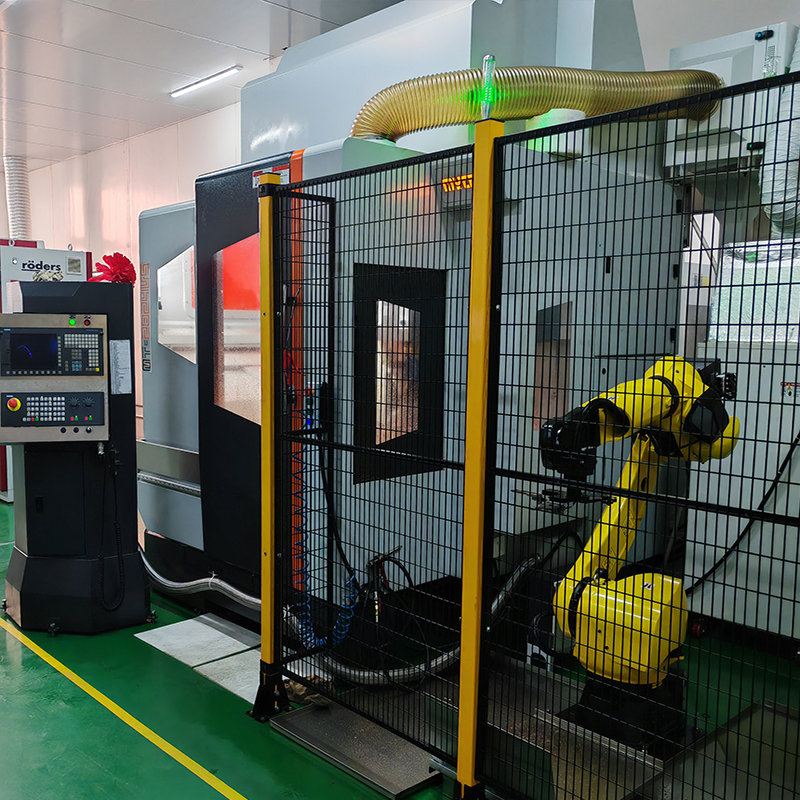
Benefits of Small Batch CNC Machining
Small batch CNC machining provides several significant advantages over traditional manufacturing methods, especially for businesses that need to produce limited quantities of parts. Here are some of the key benefits:
-
Eficiência de Custos
Small batch CNC machining reduces the financial burden associated with large-scale production setups, making it an affordable option for businesses that need high-quality parts in low volumes. The reduction in setup costs allows companies to save money without sacrificing precision or performance.
-
Flexibility in Design
One of the most significant advantages of small batch CNC machining is its ability to accommodate frequent changes in design. Unlike traditional methods that require expensive molds and tooling, CNC machines can quickly adjust to modifications, enabling businesses to refine their products during the production process without incurring additional costs.
-
Fast Turnaround Time
In today’s fast-paced market, speed is essential. Small batch CNC machining allows for rapid prototyping and quicker production times compared to conventional methods, ensuring that businesses can meet tight deadlines and keep up with industry trends.
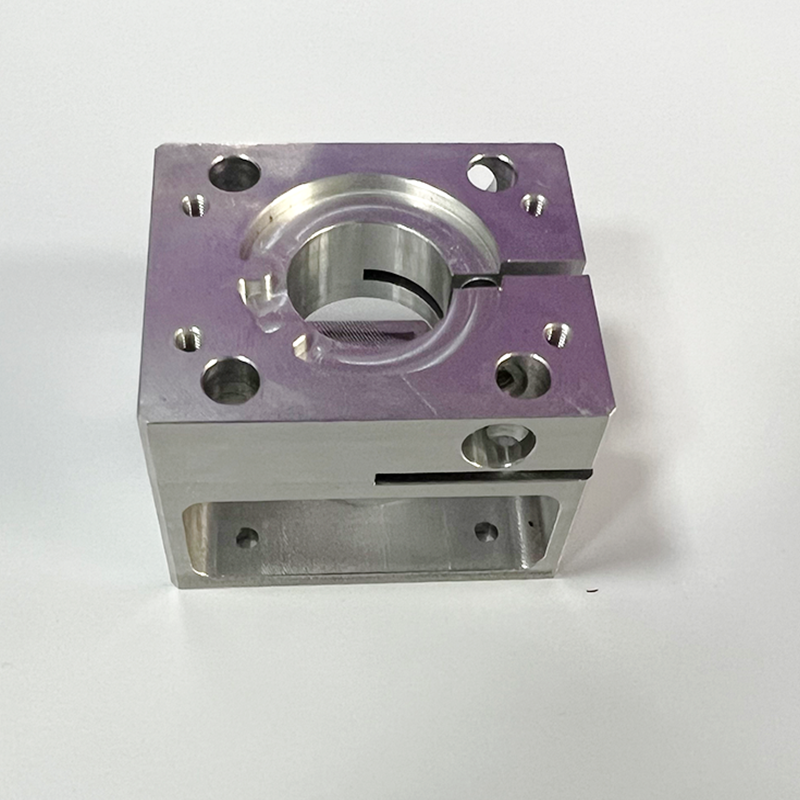
-
High Precision and Consistency
CNC machines are renowned for their accuracy and repeatability. Even with complex geometries or intricate details, small batch CNC machining ensures that every part is manufactured to exact specifications, making it ideal for industries where precision is critical, such as aerospace, medical devices, and automotive manufacturing.
-
Prototyping and Testing
Small batch CNC machining is an excellent option for businesses looking to test new designs or prototypes before committing to mass production. It allows companies to evaluate the functionality and quality of parts, reducing the risk of costly mistakes in full-scale manufacturing.
-
Personalização
For businesses that require customized parts, small batch CNC machining offers the ability to produce unique components tailored to specific requirements. Whether it’s for specialized machinery, custom tools, or bespoke consumer products, this method allows for a level of personalization that is often impossible with larger production runs.
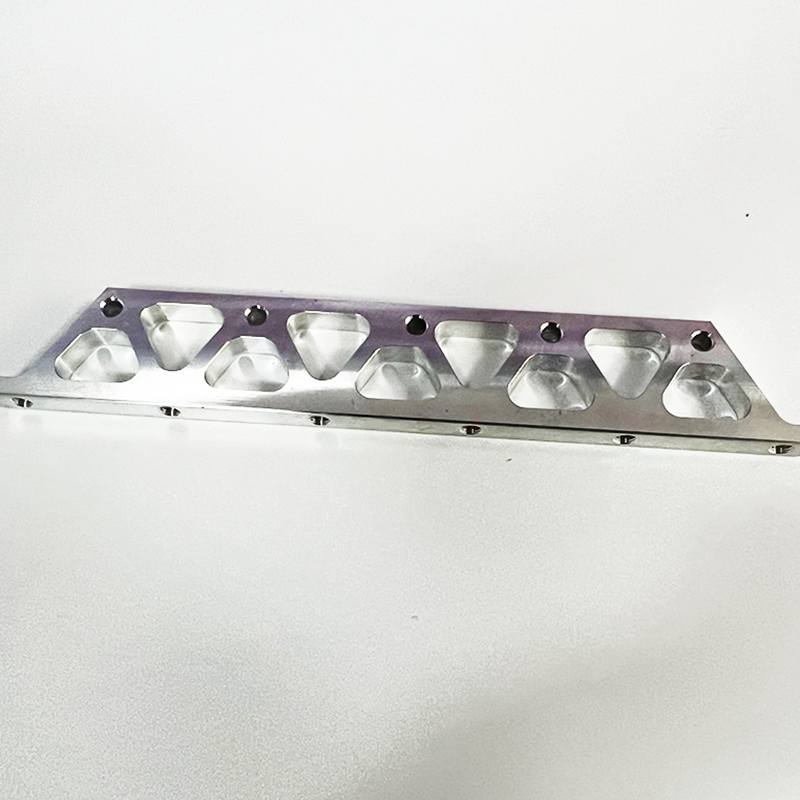
CNC Machining Techniques Used in Small Batch Production
Small batch CNC machining encompasses a wide range of techniques, each of which is suited to specific types of parts and production requirements. The following are some of the most commonly used CNC processes:
– CNC Turning
CNC turning involves rotating the workpiece while a cutting tool moves along linear paths to shape the material. This process is ideal for creating cylindrical parts such as shafts, bushings, and gears with high precision. CNC turning is frequently used in small batch production for components with rotational symmetry.
– CNC Milling
CNC milling utilizes rotary cutters to remove material from the workpiece. This method is highly versatile, allowing manufacturers to create complex features like holes, slots, and contours. CNC milling is commonly used for producing custom parts with intricate three-dimensional shapes.
– CNC Drilling
CNC drilling is used to create round holes in a workpiece by rotating a drill bit. This process is often integrated with milling or turning operations to produce parts with precise holes for fasteners or other mechanical features.
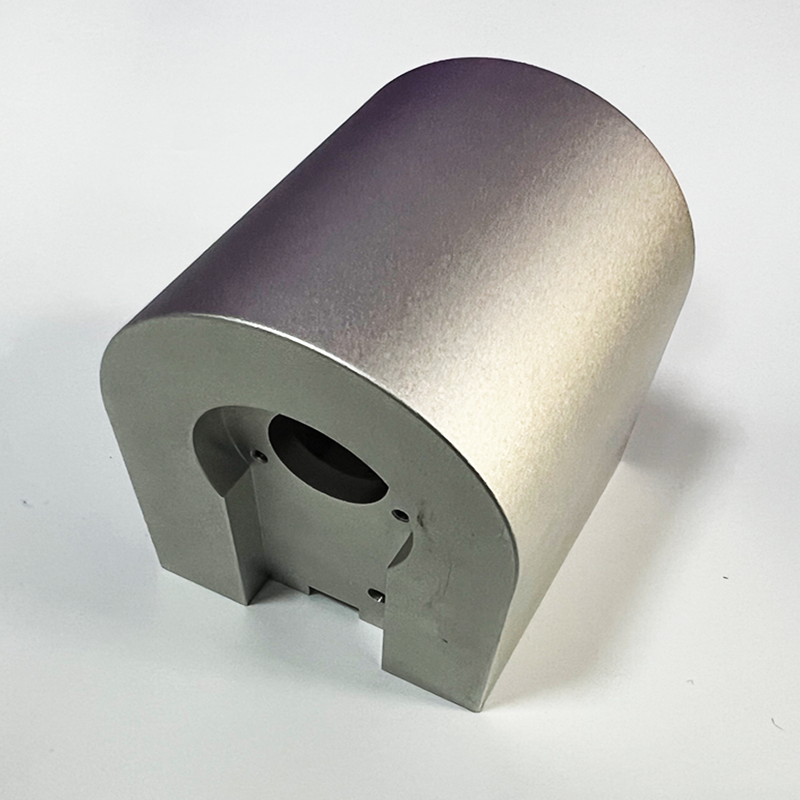
– Sinker EDM (Electrical Discharge Machining)
Sinker EDM uses electrical discharges to remove material from a workpiece, typically hard metals. This process is ideal for producing complex shapes in parts such as molds and dies, especially when tight tolerances and intricate designs are required.
– Wire EDM
Wire EDM uses a thin, electrically charged wire to cut through material with high precision. It is capable of producing extremely detailed parts and is often used for creating complex geometries and intricate features in small batch runs.
– Surface Grinding
Surface grinding is employed to smooth out the surface of a workpiece, ensuring precise dimensional accuracy. It’s commonly used to create high-precision metal parts with a smooth, even finish, often utilized in industries like aerospace and tooling.
– 3-Axis, 4-Axis, and 5-Axis CNC Machining
These advanced CNC machining techniques allow for complex multi-directional movements, enabling the production of intricate parts with high precision. 3-axis machines are used for simple tasks, while 4-axis and 5-axis machines can produce more complex geometries with reduced setup times.
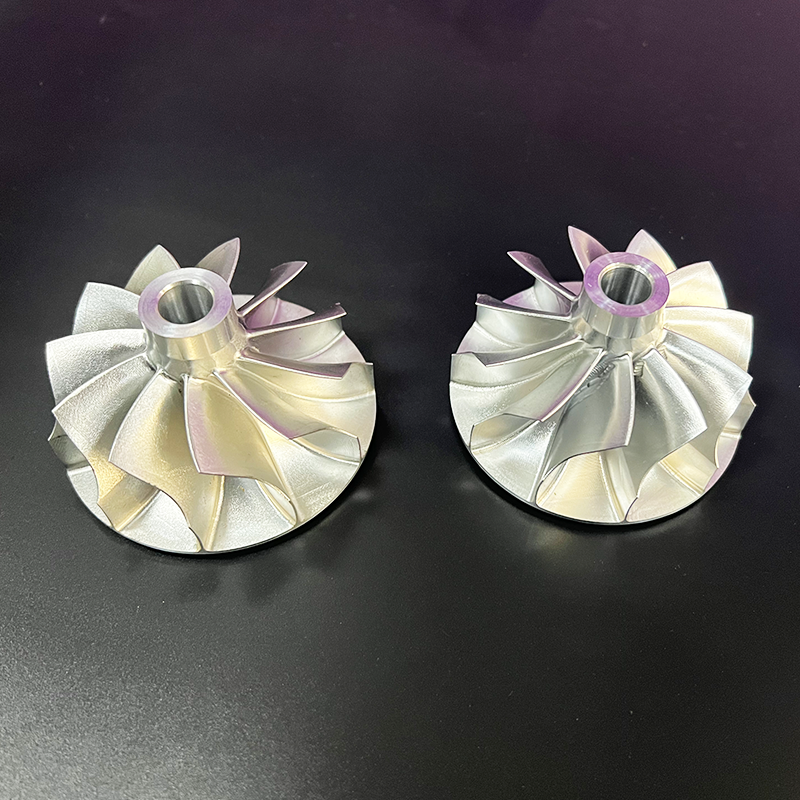
Materials Commonly Used in Small Batch CNC Machining
Small batch CNC machining can accommodate a wide variety of materials, including metals, plastics, and composites. Some of the most commonly used materials include:
– Metals
Aluminum, stainless steel, titanium, and brass are some of the most popular metals for small batch production. Each material offers unique properties, such as corrosion resistance, strength, and ease of machining, making them suitable for different industries, from aerospace to medical devices.
– Plastics
Plastics like acrylic, polycarbonate, nylon, and Delrin are frequently used in small batch CNC machining for parts that require lightweight, durability, and precision. These materials are ideal for a variety of applications, including consumer products, automotive parts, and electrical components.
– Composites
Carbon fiber and fiberglass composites are used in high-performance applications where strength and lightweight properties are critical. These materials are often used in industries like aerospace and automotive manufacturing.
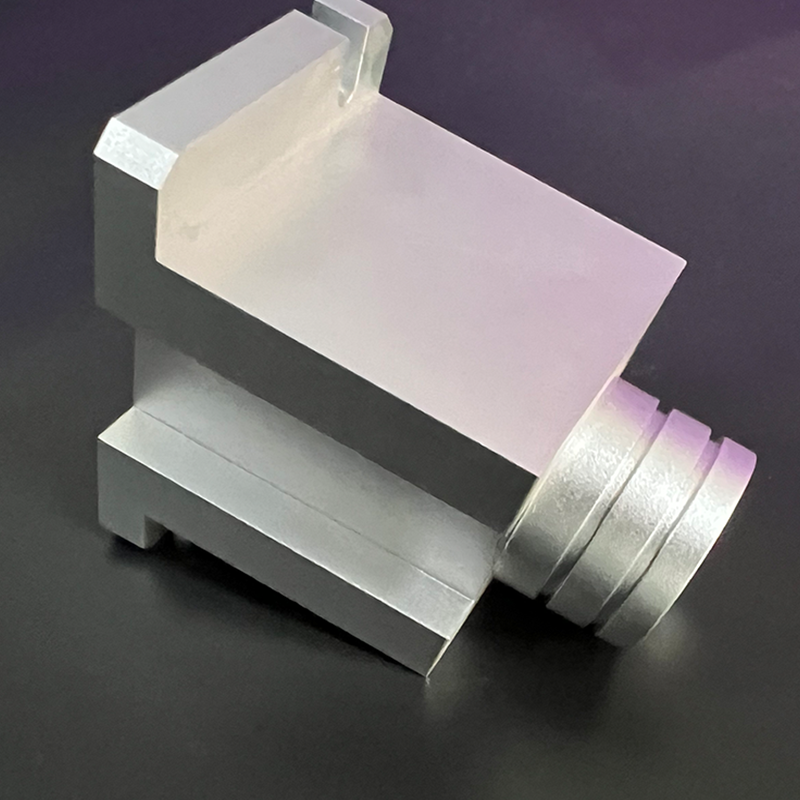
Surface Finishes for Small Batch CNC Machining
To enhance the functionality and appearance of machined parts, several surface finishes can be applied, such as anodizing, powder coating, bead blasting, and electroplating. These finishes not only improve the aesthetic appeal of the parts but also enhance their durability and resistance to corrosion and wear.
Cost Factors in Small Batch CNC Machining
The cost of small batch CNC machining can vary depending on several factors, including the complexity of the part, the material used, the type of machining process, and the required finishes. While small batch production is generally more affordable than large-scale manufacturing, it’s important to consider factors like setup time, tool wear, and material waste when estimating costs.
Conclusion
Small batch CNC machining is an indispensable tool for businesses that require precision, flexibility, and cost-effective solutions for low-volume production. Whether you are testing a prototype, creating custom parts, or manufacturing low-volume products, CNC machining offers unparalleled advantages. At Plantmetal, we are committed to providing top-tier CNC machining services tailored to your specific needs. Contact us today to discuss your project, and let’s collaborate to bring your ideas to life with the highest level of quality and precision.

